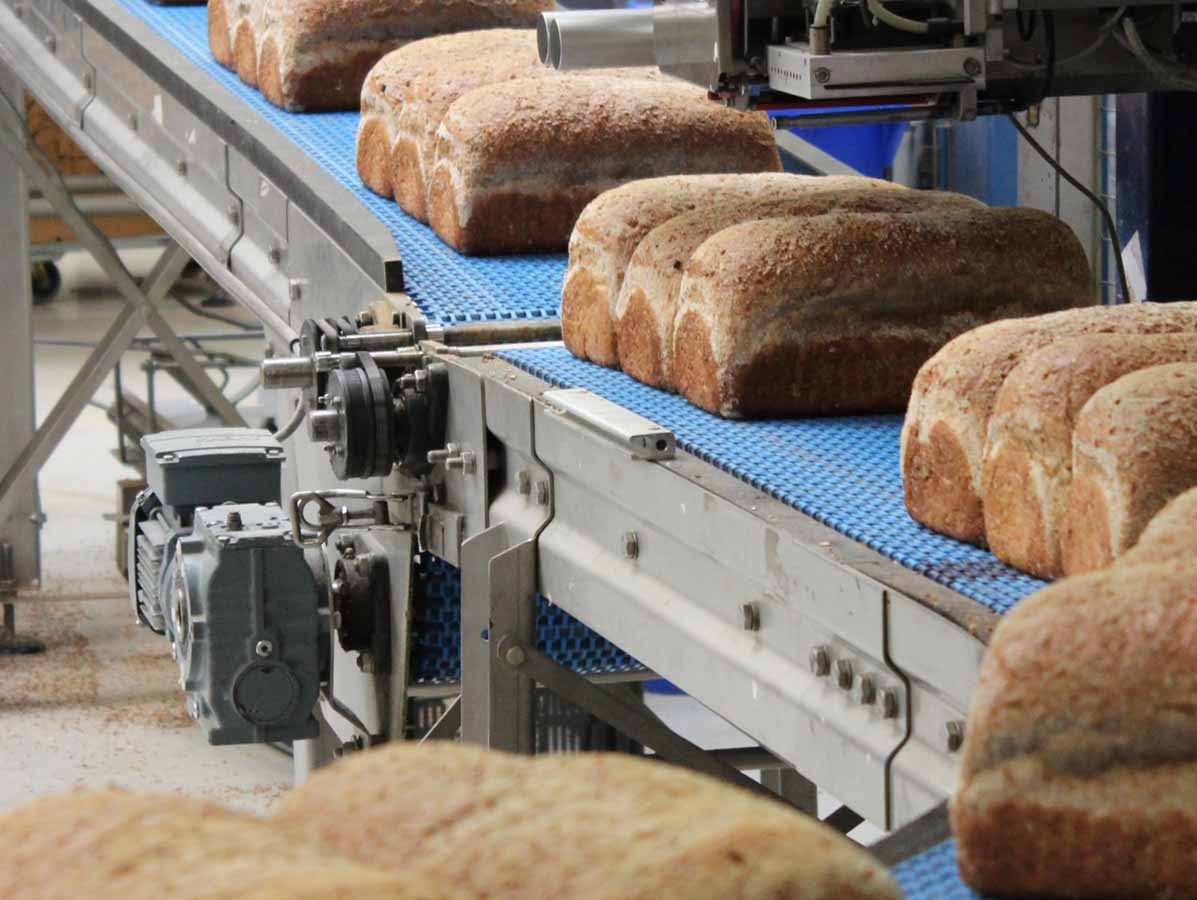
The Dutch bakery industry is making considerable strides in reducing food waste. The Dutch Bakery Association (NVB) has recently announced that efforts to decrease waste streams and food waste are yielding positive results.
Due to the fresh nature of bread and pastries, food waste is a significant issue in the bakery sector. It’s not just consumers at home, but every link in the production chain that plays a role. The NVB has been committed to making these waste streams within the chain more transparent, leading to a notable reduction. For instance, the return rate of bread has dropped by an impressive 30% since 2020.
The NVB underscores the importance of monitoring as a crucial factor in this success. Through monitoring, NVB members gain detailed insights into the causes of waste. These insights not only provide a foundation for improvement but also serve as a benchmark for companies to compare their performance against the industry average. NVB members, in collaboration with Wageningen University & Research, have developed a specific template for reporting these waste streams. This approach has proven effective in further reducing food waste.
The bakery sector also finds creative solutions for unavoidable waste streams. Surplus bread, for example, is often converted into animal feed, considered a more sustainable method than alternatives like fermentation or composting. Additionally, the sector focuses on optimizing production processes to further minimize waste. This includes reducing dough waste and more efficiently processing returned products.
These developments indicate a growing awareness within the Dutch bakery industry of the impact of food waste. With these recent results and ongoing efforts for further improvements, the sector demonstrates that traditional industries can successfully modernize with a focus on sustainability and efficiency.
Source: NVB